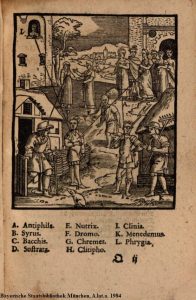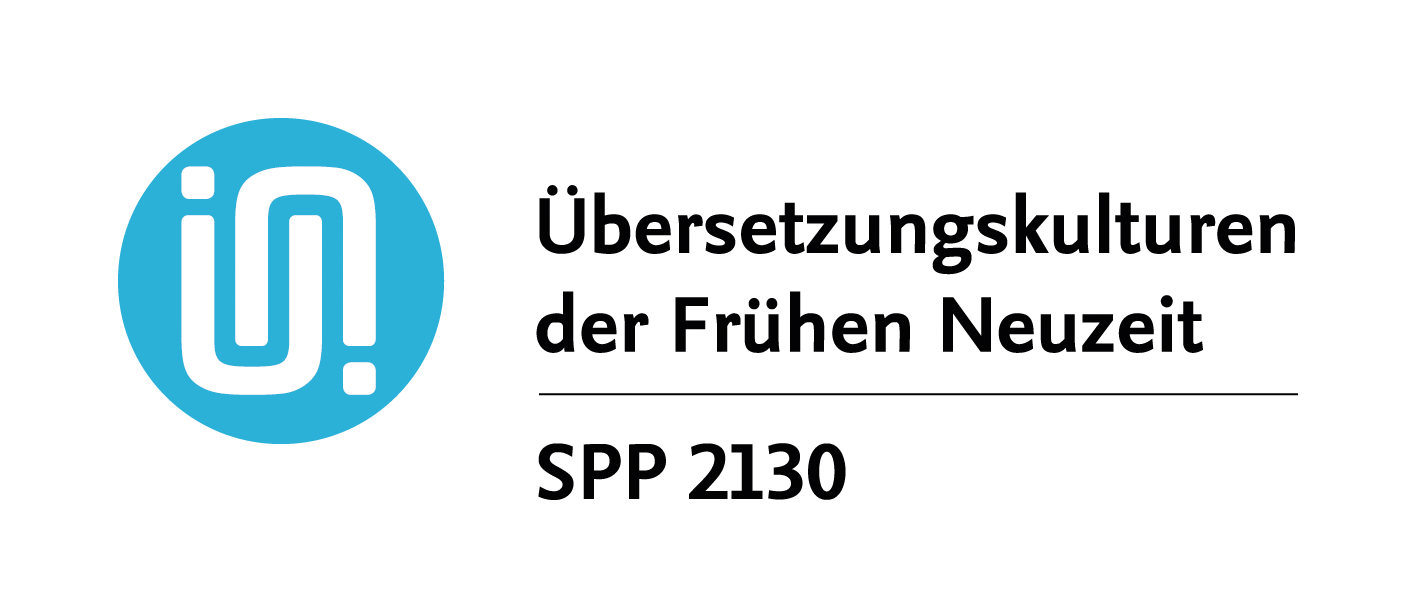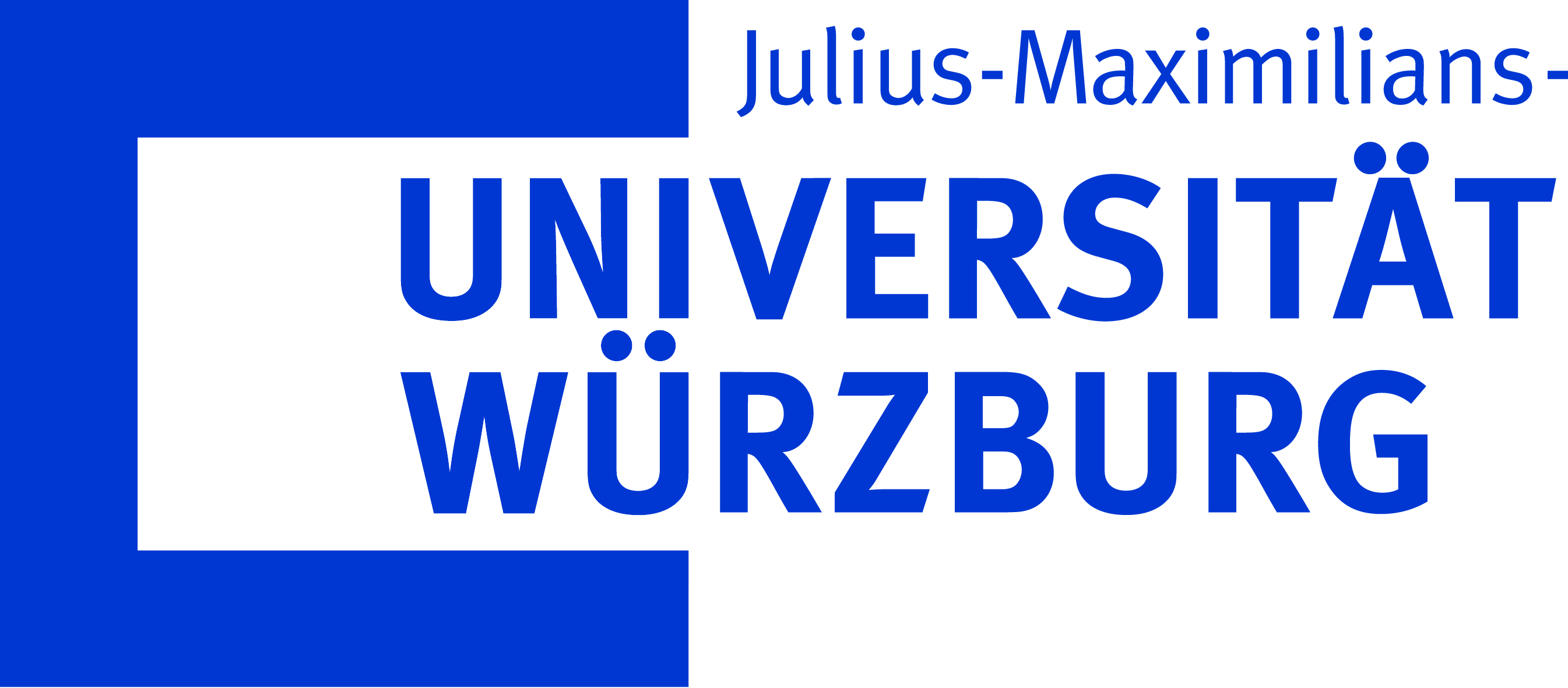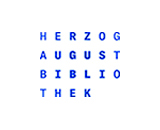Translational Anthropology II
Translational Anthropology
German Sixteenth-Century Translations of Ancient Literature from the Perspective of Intersectionality Research

by Johannes Episcopius, 1568
The fundamental hypothesis of the project is that translations are key anthropological texts that are produced by humans and for humans in order to negotiate human issues. It combines numerous fields of research: the cultural theory of translation, the social theory of intersectionality, and the literary study of humanism.
The second phase applies the methodology developed for sixteenth-century German translations of the works of Homer and Ovid to other translations of ancient texts, placing an increased focus on their social contexts of reception. Two closely interrelated subprojects investigate how power relations are established, identity categories are formed, and norms are conveyed in these translations. The first subproject (subproject A) examines the German translations of comedies by Plautus and Terence, while the second (subproject B) looks at the German translations of the writings by church fathers Basil the Great and Jerome. The dramatic and patristic texts are rooted in distinct cultural contexts and depict ways of life and identities, which should not feature in epic poetry. In terms of their institutional ties, the German translations extend the scope of examination to include the realms of school and stage as well as church and pulpit respectively.
The project is based at the University of Würzburg and is led by Professor Regina Toepfer. Jennifer Hagedorn (subproject A) and Dr Rahel Micklich (subproject B) are working on the project as research assistants.
Publications (project-related):




